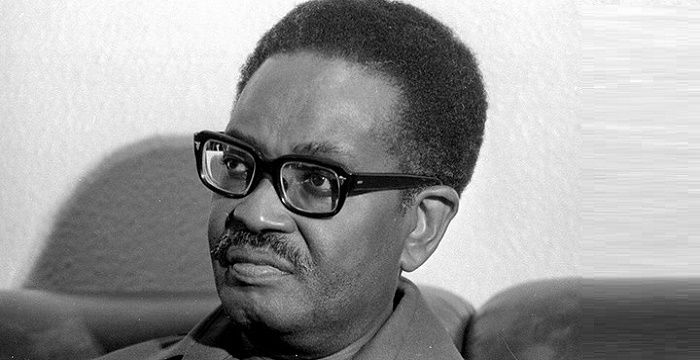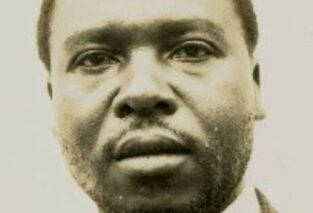
The renowned Nigerian writer and author of the novel “Things Fall Apart,” Chinua Achebe, often said, “If you don’t like someone’s story, write your own.” He was expressing his discontent with the story earlier European adventurers to Africa told about us, often stereotypically depicting our people as mere savages, yearning to be “civilised”. A typical example of one such writer, whom Achebe often quoted, is the British-Polish writer, Joseph Conrad, best known for his novel, Heart of Darkness, set in the heart of the former Belgian Congo, today the Democratic Republic of Congo.
Achebe found such narratives and stories about Africa, in general, and his Igbo people, in particular, unsatisfactory because they failed to represent the African perspective, culture, or experiences. He then set out to create his own stories and his success empowered many other Africans to write their own stories, thus contributing their uniquely African voices and perspectives to the collective tapestry of human stories.
African writers have largely embraced Achebe’s views by actively engaging in storytelling and refusing to passively accept the narratives imposed on them from abroad. They have shown the importance of diverse voices as a way of creating a more inclusive and comprehensive portrayal of the human experience.
Diverse voices from Africa, carried by African writers of all shades and colours, have been resounding loud and strong in every part of the world, and the world has been listening and taking notice; hence, the impressive number of African writers winning awards the world over, notably the prestigious Nobel Prize in literature. African writers have proved Achebe right: “If you don’t like someone’s story, write your own.”

